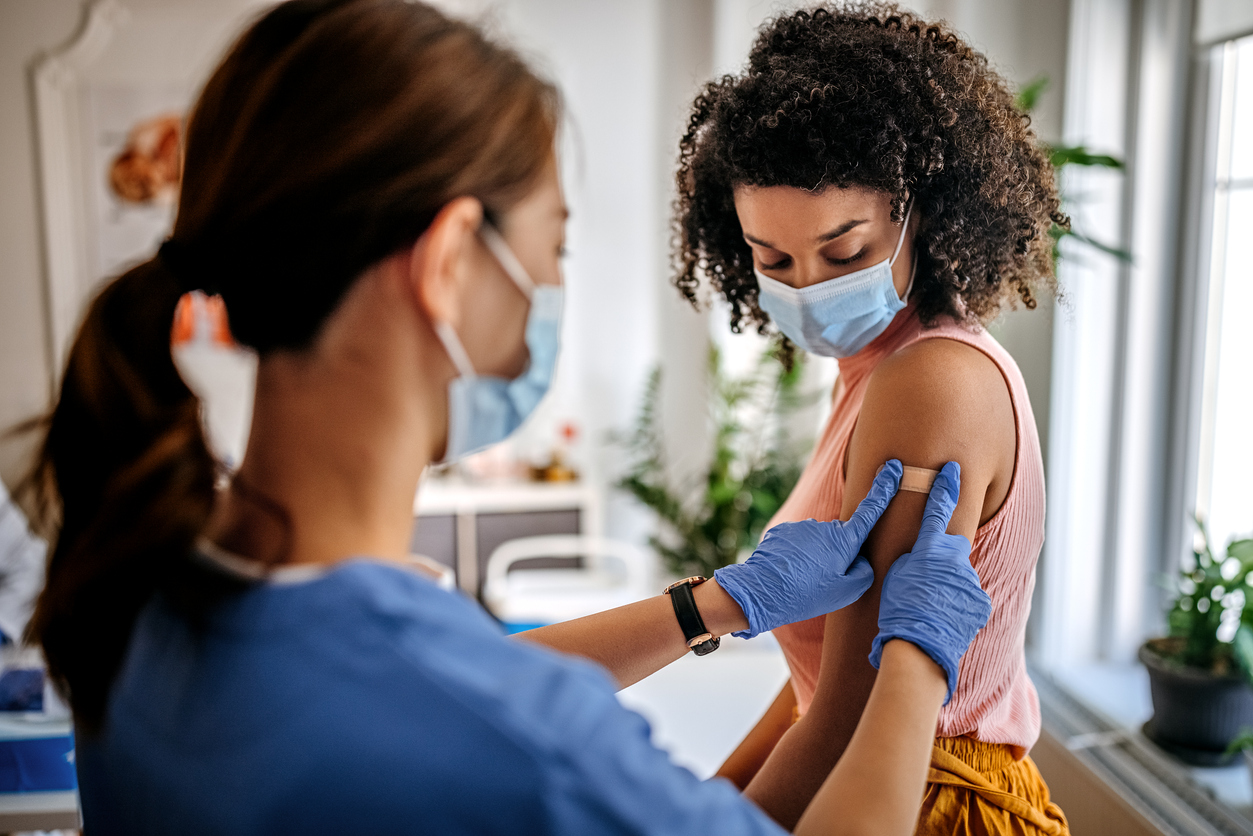
Vaccines have garnered a lot of attention in recent years, especially in light of the COVID-19 pandemic. Vaccines are essential tools for keeping the public healthy and halting the spread of infectious diseases. However, some people are apprehensive about receiving them. This could be due to misinformation or safety concerns about vaccines.
Here’s what you need to know about vaccine safety.
There are a Variety of Vaccines
Vaccines come in different types, and each works a little differently. A few of the most common varieties include the following:
1. Inactivated Vaccines
Inactivated vaccines are created by killing or inactivating viruses or bacteria. Although these vaccines cannot cause disease, they can stimulate an immune response.
2. Live Attenuated Vaccines
Live attenuated vaccines are made from weakened viruses or bacteria that can still replicate and cause a minor infection.Because the viruses or bacteria have been weakened, they are no longer capable of causing serious disease. However, they can still elicit a strong immune response.
3. Subunit, Recombinant, & Conjugate Vaccines
These vaccines are created using components of the virus or bacteria that are crucial for triggering an immune response. For example, take proteins or sugars.These vaccines are less likely to have side effects than vaccines that contain whole viruses or bacteria. That’s because they only contain specific parts of the virus or bacteria.
4. mRNA Vaccines
A more recent kind of vaccine called mRNA uses the genetic material from the virus to trigger an immune response.
5. Vector Vaccines
Vector vaccines use a harmless virus to deliver genetic material from the virus or bacteria that causes the disease.
This process triggers an immune response. It also prepares the body to fight the virus or bacteria if the body encounters it again.
Vaccines Undergo Extensive Testing
Before a vaccine can be approved for use, it must go through several phases of clinical trials. This extensive process is meant to test the vaccine’s safety and effectiveness.
Here are the different phases of clinical trials:
First Phase
A small group of healthy volunteers receives the vaccine to assess its safety and determine the proper dosage.
Second Phase
The vaccine is administered to a larger group of volunteers to assess its efficacy and keep track of its safety.
Third Phase
To verify the vaccine’s effectiveness and safety in a real-world setting, thousands of volunteers are given the shot.
Once a vaccine has passed these clinical trial stages and is approved for use, it is still monitored for safety.
Vaccines Are Generally Safe & Highly Effective
Because of extensive testing, vaccines are generally safe and effective. Side effects are possible, just like with any medication. However, serious adverse reactions to vaccinations are extremely uncommon.
The most common side effects include:
- Redness, swelling, and soreness in the injection site for a few days
- For babies or young children, feeling unwell or having a fever for one or two days
- A sensation of heaviness at the injection site
The Benefits of Vaccines Far Outweigh the Risks
Vaccines are extremely effective in preventing diseases such as measles, polio, and hepatitis B, among others. They also protect entire communities through herd immunity. A community’s ability to prevent diseases from spreading is increased when a sufficient number of its members are immunized.
This herd immunity helps protect vulnerable populations that may not be able to receive vaccinations. This includes the following groups:
- Newborns and young children
- Those with weakened immune systems
- People who cannot receive the vaccine due to other health conditions
Several Institutions Work Together to Ensure the Safety of Vaccines
After vaccines are approved for use by the general public, their safety is monitored using a variety of systems. These systems complement one another and aid researchers in observing the safety of vaccines.
For instance, healthcare professionals are critical in providing accurate vaccine information and addressing the concerns or questions of patients. Regulatory agencies, on the other hand, play a critical role in ensuring that vaccines are both safe and effective.
Finally, the general public bears the responsibility of learning about vaccines and making informed decisions.
Family Medicine Near You In Wellington & Palm Beach, FL
Vaccines have been proven to be both safe and highly effective in the fight against infectious diseases. Minor side effects are possible, but they are typically mild and temporary. Serious side effects are extremely rare. Everyone should continue to learn about vaccines to protect themselves and make informed health decisions. You can begin to learn or receive vaccines with the help of a family medicine practice near you.
Get in touch with us at Advanced Medical if you have any questions about vaccines! As the best family practice in Wellington, we offer top-notch healthcare services. You can book a visit with the best primary care physician in Wellington by calling(561) 434-1935 or by requesting an appointment online.

